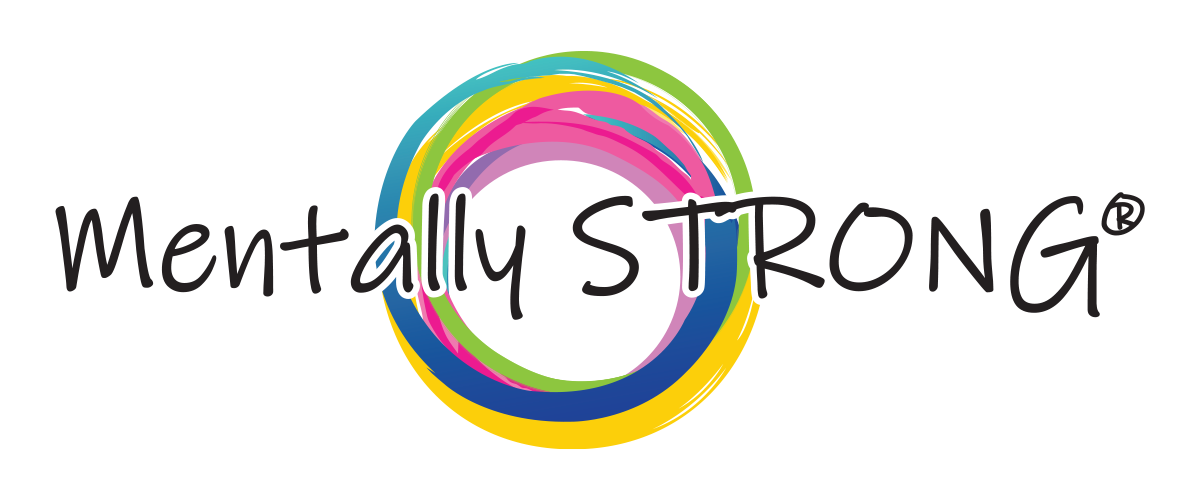Autism Spectrum Disorder is a condition that relates to brain development and impacts how an individual perceives and socializes with others. According to the Mayo Clinic, the term “spectrum” in autism spectrum disorder refers to the wide range of symptoms and severity. Due to this spectrum, treatment may look different for each person.
What are misconceptions about Autism?
The largest misconception of Autism is that it is an intellectual disability. In some cases, a person may be diagnosed with both autism and an intellectual disability; however, because autism affects how an individual communicates and socializes, IQ tests may not be wholly accurate.
What are the symptoms of Autism?
Autism presents itself in many ways, as there is a vast range on the spectrum. There are even differences in the way Autism presents itself within genders. Women and girls with Autism generally take longer to be diagnosed, as Autism was originally only studied in boys.
Symptoms include:
- Poor eye contact
- Prefers to play alone
- Has difficulty maintaining conversations
- Has poor social cues
- Has difficulty recognizing nonverbal cues
How is Autism Spectrum Disorder treated?
Autism Spectrum Disorder can be treated in many ways. The most effective form of treatment is generally therapy called ABA which stands for Applied Behavioral Analysis. This therapy is based on the science of learning and behavior. This is impactful for those with Autism as it allows them to understand how behavior works, how it is affected by the environment and how learning takes place.
ABA allows for a deeper understanding of how behavior works in real situations. This helps to increase language and communication skills and can even decrease problem behaviors. The goals of this therapy range vastly with the age and ability level of the individual. For example, a young child may learn how to communicate their needs in a productive way and learn to share toys. In an older adolescent, these goals may focus on items that prepare them for adulthood like proper self-care and how to behave in a school or work environment.
In addition, medication may be an option to help reduce problem-causing anxiety that occurs because of frustration in not being able to communicate their feelings and ideas to others.
How can The Mentally STRONG Method help us?
Through The Mentally STRONG Method, those with Autism can be treated for underlying anxiety and ADHD that they may experience alongside their Autism diagnosis, allowing them to succeed in their other therapies.
Register for The Mentally STRONG Method as your first step towards treating Autism.

